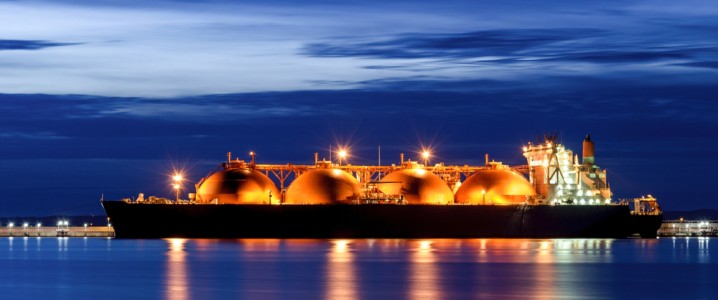The Alaska LNG project is poised to reach a significant milestone with the completion of a crucial engineering and cost study for its planned 800-mile pipeline by the end of this year. U.S. Secretary of the Interior, Doug Burgum, announced that the front-end engineering design (FEED) study is expected to be released in December 2023, generating considerable interest in the project.
Burgum expressed optimism at an event hosted by the American Petroleum Institute, stating, “There’s a lot of optimism about the Alaska LNG project, and the FEED study should be coming out in December of this year.” This major initiative aims to transport natural gas from Alaska’s North Slope to south-central Alaska for export, while also ensuring that local gas demand is met through multiple interconnection points.
The $44 billion project is a collaboration between U.S. energy developer Glenfarne Group and the Alaska Gasline Development Corporation, a state-owned entity. Glenfarne has indicated that energy companies are prepared to commit to purchasing approximately $115 billion worth of LNG from Alaska once the project is operational. Reports suggest that around 50 companies have formally expressed interest in the venture.
Earlier this year, U.S. officials conducted a tour across Asia to attract potential investors for the LNG project. The export facility has gained substantial support from the Trump administration, which has been advocating for increased LNG purchases from Japan and South Korea to help reduce America’s trade deficit with its allies in the region.
While there is interest from Japanese and other Asian firms in investing in the Alaska LNG project, concerns have been raised regarding the project’s costs. The challenging cold weather conditions in Alaska and the extensive scale of the necessary pipelines are seen as potential hurdles to investment.
As the FEED study approaches its release, stakeholders remain focused on resolving these concerns and moving toward the next phases of this ambitious energy project. The successful implementation of the Alaska LNG project could significantly enhance energy exports and strengthen economic ties with key partners in Asia.
